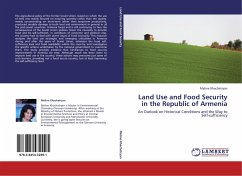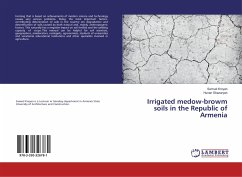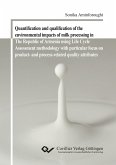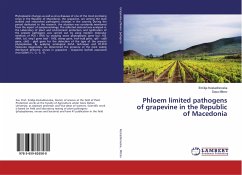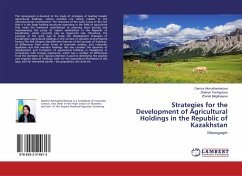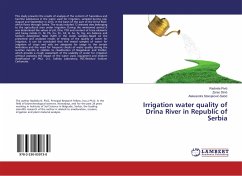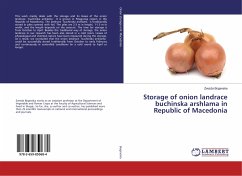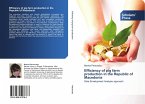The agricultural policy of the former Soviet Union, based on which the use of land was mainly focused on ensuring quantity rather than the quality, mainly concentrating on short-term rather than long-term productivity, produced sensible damage to both land and environment in general in all the post-soviet countries. Armenia faced and is still continuing to face the consequences of the Soviet Union policies. Given the necessity to provide food and be self-sufficient, in conditions of economic and political crisis, the country had to deal with severe issues of food insecurity. This research analyzes the land use strategies and emerging criticalities in Armenia during and after the years of Soviet Union, estimates the food self-sufficiency level and food availability within the country, and investigates the specific actions undertaken by the national government to overcome them. The study provides evidence that hindrances to food security improvements in Armenia do exist. Although much has been done to improve land use in the country, these actions may overcome just some of such barriers, providing not a food secure country, but at least improving the self-sufficiency level.
Bitte wählen Sie Ihr Anliegen aus.
Rechnungen
Retourenschein anfordern
Bestellstatus
Storno

